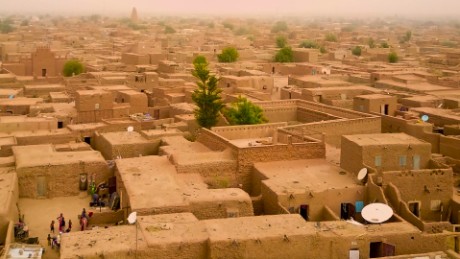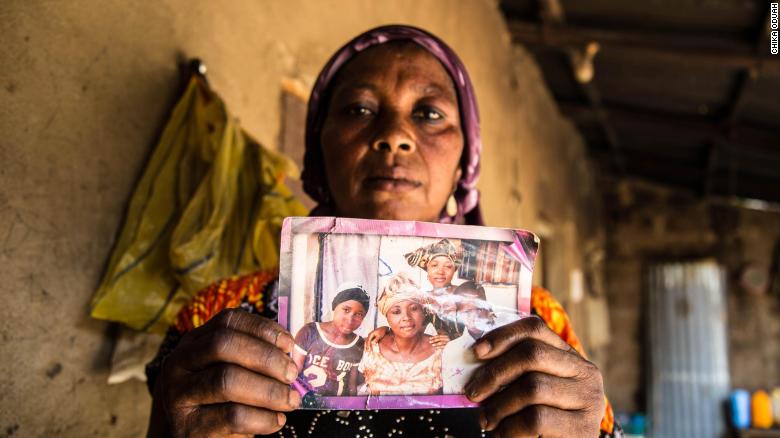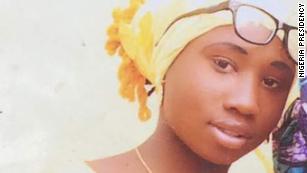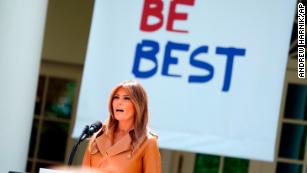 Gassama's first time defying death: According to Gassama, he traveled to Libya and then across the Mediterranean Sea, landing in Italy in 2014. He came to France last year to join his brother. To get there from Mali, he would likely have traveled the perilous migrant route through Burkina Faso, into Niger, and across the desert to Libya (he said he spent a difficult year in Libya, where he was arrested and beaten).
Gassama's first time defying death: According to Gassama, he traveled to Libya and then across the Mediterranean Sea, landing in Italy in 2014. He came to France last year to join his brother. To get there from Mali, he would likely have traveled the perilous migrant route through Burkina Faso, into Niger, and across the desert to Libya (he said he spent a difficult year in Libya, where he was arrested and beaten).
In fact, if he had the standard migrant experience, he would have paid smugglers a hefty sum to get to Europe, setting sail from Libya in a dangerously over-crowded boat across the Mediterranean to Italy.
That he was living in Paris likely indicates he had some strokes of good luck other migrants didn't. He did not meet his end in a Sahel desert after a truck breakdown; he was not left to die, as migrants sometimes are when they fall from an over-filled truck bed. He is not now trapped in a Libyan prison, some of them funded partly by the European Union, which have turned into slave trading markets, rife with violence and abuse.
Nor was he returned to his home country with nothing to show after having paid smugglers what is for most people across Africa an enormous sum, often borrowed from family with the expectation that a young man who makes it to Europe can help a family back home, and even pull the family out of poverty.
We don't know precisely what Gassama endured on his travels to France. We know this year alone -- and we're not even halfway into it -- 655 migrants have died in the Mediterranean. In 2016, the annual death toll reached a high of more than 2,500; that doesn't count the many who die on their way to Libya.
Last year, France received more than 100,000 applications for asylum. Most of them -- more than 65,000 -- were rejected. Just 13,020 were given refugee status. The United States, which has long styled itself as a haven for hardworking newcomers, isn't any better; the Trump administration is actively limiting the number of refugees admitted into the country. Migrants who enter along our southern border, many of them fleeing gang violence and threats of death, are seeing their children torn away from them.
Yes, let's applaud Gassama's bravery. But it didn't start the day he climbed that building. And migrants like him deserve more than an immigration reward for an extraordinary public act. They deserve the dignity of a fair process and humane treatment when they leave behind their homes and get to where they're going. They shouldn't have to be Spider-Man to be welcomed as people.
















